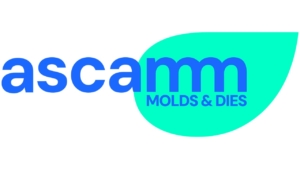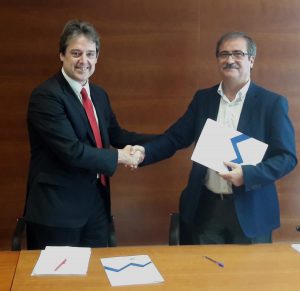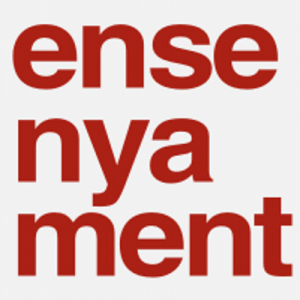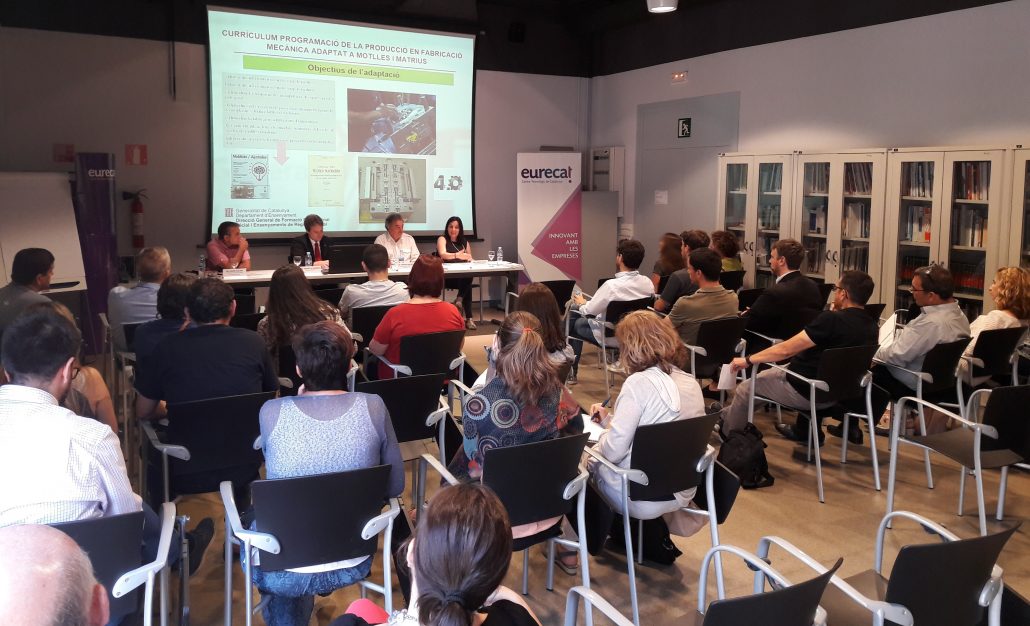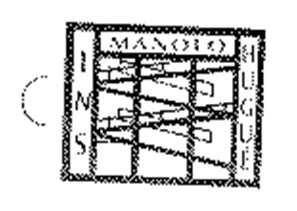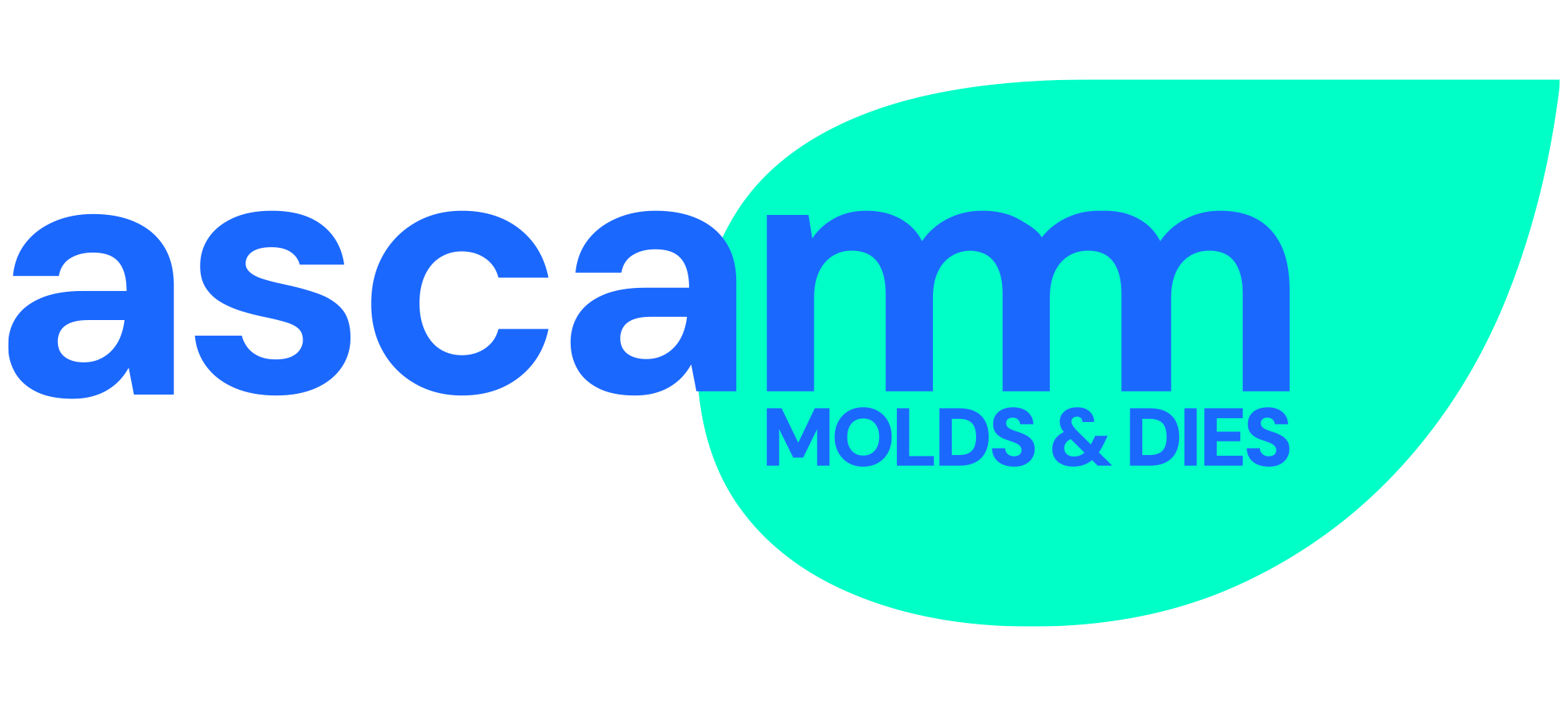ASCAMM and the Department of Education of the Generalitat de Catalunya have signed, on June 22, 2017, an agreement to promote and develop in Dual Training the Higher Training Cycle of Production of Production in Mechanical Manufacturing adapted to the production of Molds and Arrays. This cycle will be carried out at the Manolo Hugué Institute in Caldes de Montbui.
In the face of the need of qualified personnel for the molds and dies sector, ASCAMM has been working to train new professionals to incorporate into companies with the best technical qualities.
To achieve a dynamic and adjusted professionalization response and with the desire to promote Dual Vocational Training, ASCAMM, Ensenyament and the Manolo Hugué Institute have agreed to a curricular adaptation of the Upper Cycle of Programming of Production in Mechanical Manufacturing. This new cycle includes three additional training modules, specific to Molds and Matrices to train students in subjects that until now were not contemplated. In addition, these dual-alternated students will take part in associate companies of ASCAMM throughout the two years of the Higher Level.
The stay of the students in the companies will have to formalize by means of a labor contract or a scholarship, in order that the students can combine their studies during the duration of the formative cycle. At the same time, ASCAMM will organize visits so that students can know different types of companies and the diversity of specializations that exist in the sector.
Associated companies of ASCAMM will collaborate actively with the Manolo Hugué Institute by transferring material, tools and machinery. They will also host lectures for teachers to update their knowledge.
DAY PRESENTATION OF THE NEW CYCLE
Once the agreement was signed, the presentation day of this new cycle was attended by representatives of the Department of Education, the President of ASCAMM and the Director of the INS Manolo Hugué.
Mr. Domènec Pijuan, Secretary General of ASCAMM, thanked the attendees for their presence, among which were the main companies in the sector and expressed his gratitude to the Department of Education and the Manolo Hugué Institute for the collaboration and predisposition
Next, Mr. Ferran Castrillo, Head of the Service for the Promotion of Projects and Programs of the FP, explained the current situation of the FP in Catalonia and in particular the increase in pre-enrollments in the studies of Mechanical and Mechatronic Manufacturing.
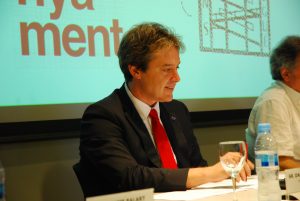
Next, Mr. Daniel Altimiras, President of ASCAMM, explained the entire route made by ASCAMM, which currently represents about one hundred companies in the sector, which occupies some 3,600 people in Catalonia and with turnover levels of about 250 million Euros, to achieve the milestone that was presented today, of which he was very satisfied. He also called on all companies in the sector to realize the importance of collaborating in the training of new professionals in the sector, breaking the myth of forming only people to join the companies, It must train people for the sector, as well as giving young people an opportunity to develop in new areas quite unknown to most boys and girls.
Mr. Jaume Balart, Director of the Manolo Hugué Institute, asked the companies that collaborated with them regarding stays of teachers, tools, machinery and other materials necessary for the correct training of the students.
The last presentation was carried out by Ms. Míriam Milán, Technical Technical Advisor. He explained in detail all the changes made in curricular adaptation and current types of recruitment for dual alternation.
In the conclusions, the President of ASCAMM insisted on the importance of the collaboration of companies in order to make this new cycle a success. He also announced that ASCAMM will continue to work so that the sector has the qualified personnel it requires, and recovering a damaged image of the FP during the years 1980 – 1990. Before finishing the day, a visit could be attended by those attending the The facilities that Eurecat has in Cerdanyola and concluded, inviting companies that are not yet part of ASCAMM to adhere, this will allow for a better and wider sectoral representation.
